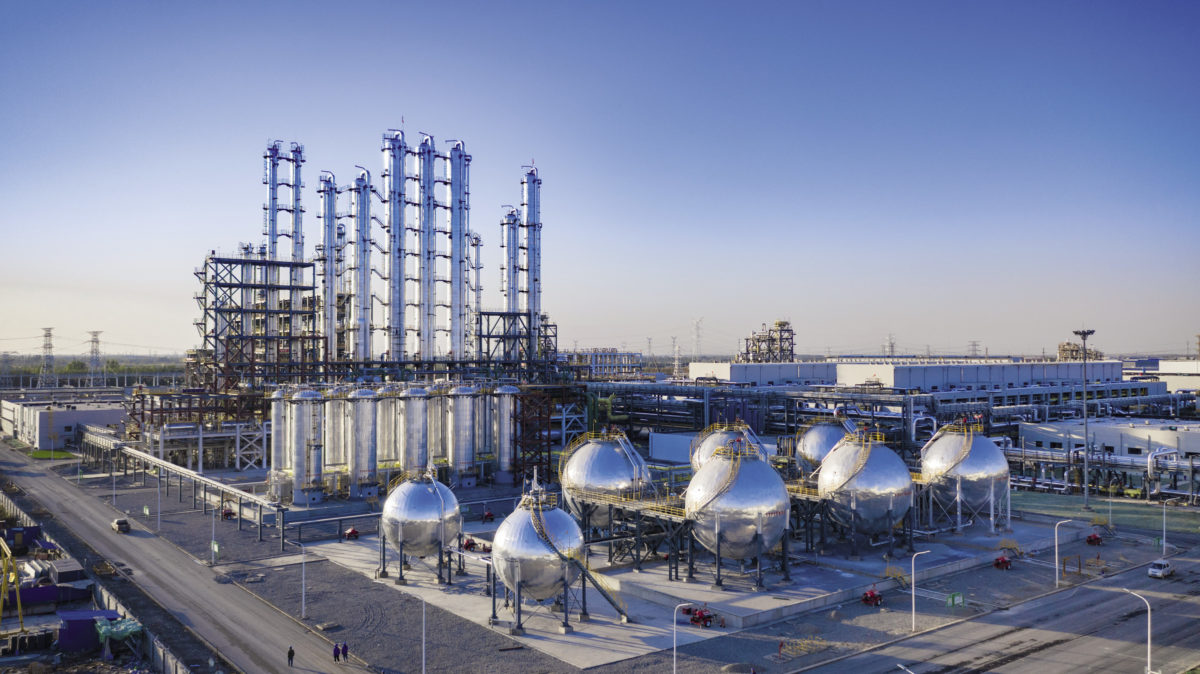Xinjiang-based polysilicon manufacturer Daqo has announced a RMB33.3 billion (US$5.2 billion) investment plan to expand production capacity in Baotou City, Inner Mongolia. The investment, announced yesterday, includes the deployment of a further 200,000 metric tons of annual production capacity for polysilicon, with RMB2.43 billion (US$381 million) allocated for that purpose. Some RMB9 billion (US$1.41 billion) will be devoted to expanding silicon metal and silicone production capacity. Construction of the first, 100,000-ton phase of the project is expected to start in the first quarter of next year with completion scheduled for the second quarter of 2023.
China's National Energy Administration (NEA) has revealed PV systems with a combined generation capacity of 34.83 GW were connected to the grid from January to the end of November. The country's cumulative installed PV capacity has reached 287.47 GW, according to the NEA. New wind capacity for the first eleven months of the year was 24.7 GW, the state entity said, bringing cumulative capacity to 304.86 GW.
Manufacturer Xinyi Glass yesterday announced that, based on figures to the end of last month, this year’s net profit is likely to be HK$10.9-11.9 billion (US$1.4-1.53 billion), up from HK$6.4 billion (US$820 million) last year. The rise was partly down to an increased contribution from associated solar panel glassmaker Xinyi Solar, as well as rising construction-driven demand for float glass.
The GCL New Energy solar project development arm of polysilicon maker GCL-Poly on Sunday agreed a deal to buy natural gas from energy company Poly GCL Petroleum, whose ultimate controlling shareholders are also big stakeholders in the purchaser. Under an exclusive one-year supply deal, contingent on GCL New Energy’s plans to develop a hydrogen project in Djibouti, the purchaser would pay a maximum US$0.1335/m3 for the gas, which would come from Poly GCL Petroleum’s Ethiopian deposits. GCL New Energy would pay a US$30 million deposit to secure the arrangement, if the plan is approved. GCL’s solar park business also confirmed, on Sunday, 2 GW of the 2.9 GW of solar generation capacity it sold off this year was disposed of ahead of schedule, to generate cashflow of RMB9.3 billion. In an update to the Hong Kong Stock Exchange, GCL New Energy said: “These proceeds will fully settle the debts of the domestic and overseas holding platform companies of the group” as well as funding the solar farms to be constructed in the next year. GCL said any leftover cash will be used to fund the company’s hydrogen business.
This content is protected by copyright and may not be reused. If you want to cooperate with us and would like to reuse some of our content, please contact: editors@pv-magazine.com.




5 comments
By submitting this form you agree to pv magazine using your data for the purposes of publishing your comment.
Your personal data will only be disclosed or otherwise transmitted to third parties for the purposes of spam filtering or if this is necessary for technical maintenance of the website. Any other transfer to third parties will not take place unless this is justified on the basis of applicable data protection regulations or if pv magazine is legally obliged to do so.
You may revoke this consent at any time with effect for the future, in which case your personal data will be deleted immediately. Otherwise, your data will be deleted if pv magazine has processed your request or the purpose of data storage is fulfilled.
Further information on data privacy can be found in our Data Protection Policy.